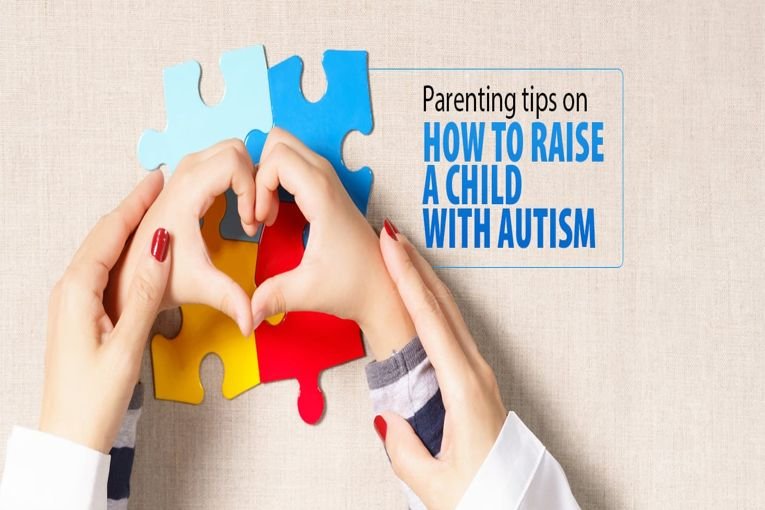Understanding Autism
Autism Spectrum Disorder (ASD) is a developmental disorder that affects communication, social interaction, and behavior. Parenting a child with autism can present unique challenges, as each child with autism is different and may have varying needs and strengths. Understanding autism is the first step in developing effective parenting strategies to support children with this condition.
Early Intervention
Early intervention is crucial for children with autism. The earlier a child receives appropriate support and interventions, the better the outcomes tend to be. Parents should seek a comprehensive evaluation if they suspect their child may have autism. This evaluation can help identify the child’s strengths and challenges, leading to the development of an individualized treatment plan.
Creating a Structured Environment
Children with autism often thrive in structured environments. Establishing routines and visual schedules can help reduce anxiety and promote predictability for the child. Consistency in daily routines and clear expectations can provide a sense of security and stability for children with autism. Visual supports such as picture schedules and timers can also aid in communication and understanding.
Communication Strategies
Communication can be a significant challenge for children with autism. Parents can use various strategies to support their child’s communication skills. This may include using visual aids, such as picture cards or communication apps, to help the child express their needs and preferences. Encouraging verbal and nonverbal communication through play, social interactions, and daily activities can also promote language development.
Positive Reinforcement
Positive reinforcement is an effective strategy for encouraging desired behaviors in children with autism. Praising and rewarding the child for positive behaviors can help reinforce those behaviors. It is important for parents to identify and acknowledge even small successes to build the child’s confidence and motivation. Consistency in providing positive reinforcement is key to shaping behavior over time.
Sensory Support
Children with autism may have sensory sensitivities or sensory-seeking behaviors. Parents can create a sensory-friendly environment by identifying and accommodating their child’s sensory needs. This may include providing sensory tools such as fidget toys, weighted blankets, or noise-canceling headphones. Understanding and respecting the child’s sensory preferences can help regulate their sensory experiences and promote comfort.
Collaborating with Professionals
Parenting a child with autism can be challenging, and it is essential for parents to seek support from professionals and experts in the field. Collaborating with therapists, educators, and healthcare providers can help parents access resources, guidance, and interventions tailored to their child’s needs. Building a strong support network can provide parents with the necessary tools and knowledge to navigate the complexities of raising a child with autism.
Self-Care for Parents
Parenting a child with autism can be demanding, both emotionally and physically. It is crucial for parents to prioritize self-care and well-being to effectively support their child. Taking breaks, seeking respite care, and engaging in activities that promote relaxation and stress relief are important for parental self-care. By caring for themselves, parents can enhance their ability to care for their child and maintain a healthy family dynamic.
Celebrating Progress and Milestones
Every achievement, no matter how small, is significant when raising a child with autism. Celebrating progress and milestones, whether it is a new skill learned or a positive social interaction, can reinforce the child’s sense of accomplishment and boost their self-esteem. Acknowledging and celebrating the child’s growth and development can inspire continued motivation and resilience in both the child and the parent.


